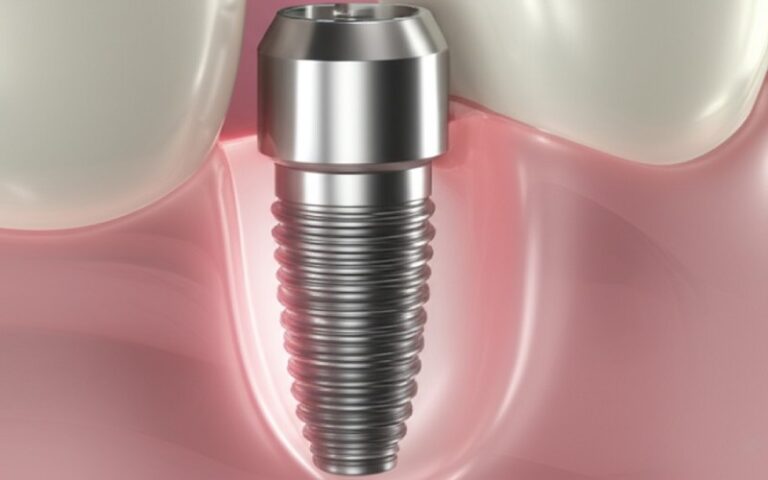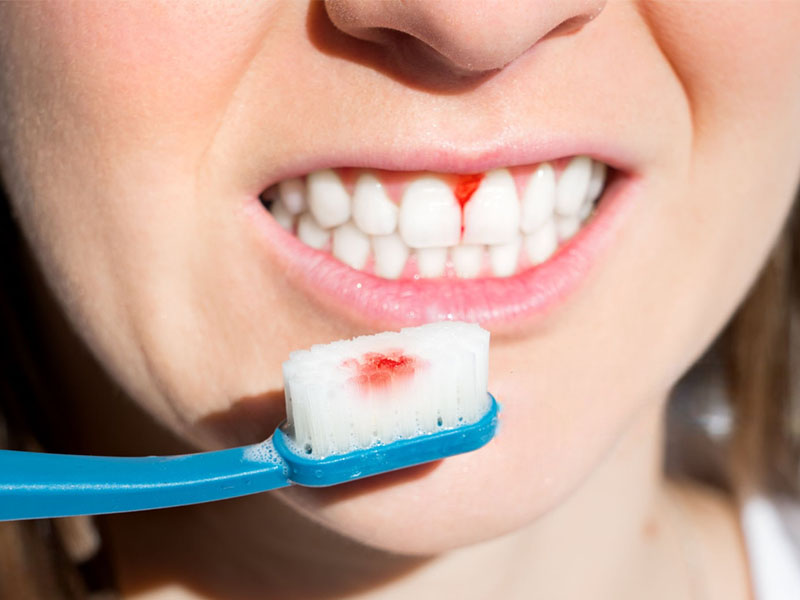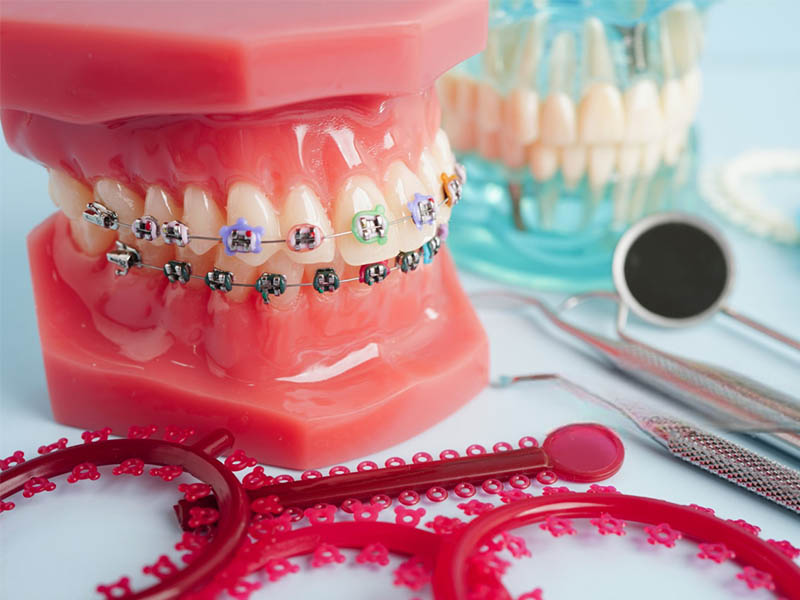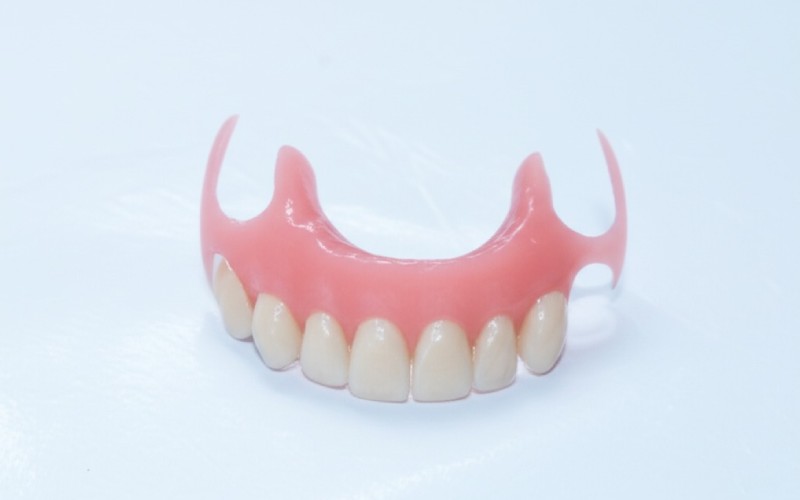
Can You Get a Dental Implant After a Denture? The Answer is Yes!
Many people who wear dentures usually say similar things. They worry about their denture moving when they talk. They get tired of using sticky pastes and glues. They ask, “Is it too late for me? Can I get dental implants after having dentures?” I love sharing the good news with them. For most people, the answer is a big YES! It is definitely possible to switch from dentures to a smile that is steady and feels good.
This article is for you if you have ever felt unhappy with your denture. It is for you if you wish you could eat the foods you love without any problems. We will talk about how you can make the switch from dentures to dental implants. I will break down all the steps using easy words. You will learn what a dental implant is, why your jawbone is so important, and what choices you have. When you finish reading, you will know if making the switch to dental implants is the best thing for you to do.
Table of Contents
What’s So Great About Changing from a Denture to a Dental Implant?
Deciding to switch from dentures to dental implants can make your life better. I have seen it happen a lot. A denture is helpful for missing teeth, but it has some problems. It just rests on top of your gum. This means it can wiggle around. This can make it hard to eat and talk. You might have to skip foods like corn on the cob or crunchy apples.
A dental implant, however, is a really big change for the better. An implant is a tiny post that is placed into your jawbone. It works just like the root of a tooth. This makes it very strong and steady. After the implant is in the right spot, a new tooth, which is called a crown, is put on top. This new tooth will not move. It feels just like one of your natural teeth. You can chew without worry and smile without thinking twice. This is why so many people want to go from dentures to dental implants.
How Does Wearing a Denture Change My Jawbone?
This is a good question, and it is something you really need to know. Your natural teeth are for more than just chewing. The roots of your teeth go down into your jawbone. Each time you bite, the roots give your jawbone a little bit of activity. This small amount of pressure, or stimulation, tells your body to keep the bone healthy and strong. This activity helps your jaw keep its shape and size.
When you lose a tooth, that spot in your jawbone does not get that activity anymore. A traditional dentures sits on the gum and does not stimulate the bone under it. Without that activity, your body gets a message that the bone isn’t needed there anymore. So, the jawbone begins to get smaller. This is called bone loss. After many years, your jaw can shrink. This is why a denture that fit perfectly at first can start to feel loose. A dental implant is the only one of the tooth replacement options that gives your jaw this important stimulation.

Am I a Good Person to Get Dental Implants?
A lot of people who wear dentures are a good candidate for dental implants. When I meet with a patient, there are a few things a dentist checks. First, we look at how healthy your whole mouth is. Your gums must be healthy. If you have any gum problems, we need to fix that before we can place an implant. Healthy gums are the base for a strong dental implant.
We also look at your body’s health. Some sicknesses can change how you heal. It is very important that you tell your dentist about your health history. The biggest thing we need to check is your jawbone. We have to see if you have enough bone to support a dental implant. If you have used a denture for a long time, you might have some bone loss. But don’t worry! Even with bone loss, there are still great choices for you to get implants.
What If I Do Not Have Enough Jawbone for an Implant?
This is a common worry for people who have had a denture for years. I often hear people say, “Someone told me I don’t have enough bone for an implant.” A long time ago, that might have been the case. But now, we have great ways to fix this. If your jawbone is too thin or not tall enough, we can often build it back up.
The main way we do this is with a medical step called a bone graft. A bone graft adds bone, or a special material, to your jaw where you need it. This new material helps your own body grow new, strong bone. This makes your jawbone strong enough for an implant. It may sound like a big step, but it is a very normal and safe thing to do. It makes it possible for many patients to finally get the permanent dental implant they have wanted. You need enough bone for a strong implant, and we can help with that.
Will I Need a Bone Graft to Get an Implant?
You might need a bone graft, but not every person does. It is different for each person’s own special case. When you visit us, we will take special 3D pictures of your jawbone. This lets us see exactly how much bone you have. If there is enough bone, we can go ahead with the implant placement. If not, we will talk with you about a bone graft.
A bone graft is a type of oral surgery. The surgeon puts the graft material where the implant needs to go. Then, your body will need some time to get better. Over a few months, your body turns the graft material into your own strong bone. The new bone will fuse with your jaw. This makes a strong spot for the implant. A graft can stimulate bone growth and make it possible for you to receive dental implants. Your body must heal before the implant can be put in.
How Do All-on-4® Dental Implants Work?
The All-on-4® system is a great option for people who want to replace an entire denture. It is a way to get all new teeth on the top or bottom of your mouth with only four implants. You do not need to replace each missing tooth with a separate implant. Instead, this method uses four special posts. A board-certified oral and maxillofacial surgeon puts four dental implants into your jawbone in a clever way.
Two of the implants at the back are put in at an angle. This angle lets the surgeon use the parts of the bone that are still strong, even if there has been bone loss. This means that with All-on-4, many patients do not even need a bone graft. After the four implants are in, a full set of new, beautiful artificial teeth is attached. This new set of teeth is very steady. It is not taken out. You can eat and smile like you did with your natural teeth. The all-on-4® dental implants are a great permanent solution to missing teeth.
What Are the Steps to Switch from a Denture to an Implant?
The implant process takes a few steps to complete. First, you will meet with your dental team. We will check your mouth and talk about what you want. If a dental implant is a good fit for you, we will create a plan. The next step is the implant procedure. The implant, which is a little titanium post, is put into your jawbone with surgery. This is done very carefully to make sure you are not in any pain.
After the implant placement, there is a healing time. This is a step that really matters. During this time, the implant and your jawbone will join together. They fuse and become one strong piece. This can take several months. Once the implant is firmly in place, we add a small connecting piece. Last, your new, nice-looking crown or implant-supported bridge is put on top. The recovery time is different for each person, depending on the type of work you have done.
Can I Replace My Partial Denture with a Dental Implant?
Yes, for sure! Many people wear a partial denture when only a few teeth are missing. A partial denture usually has clips that hold on to your other teeth. After a while, these can start to feel loose. A dental implant is a very good way to replace a partial denture. We can place one implant for one missing tooth. Or, we can use a few implants to hold a bridge if several teeth are gone.
Not having to use a partial denture anymore can feel great. You will not need to take it out to clean it. A dental implant is always in your mouth. It looks and feels like a real tooth. An implant also helps keep the teeth next to it safe. A bridge needs the teeth next to it to be made smaller. An implant does not need help from other teeth. This is a big reason why implants might be a better long-term choice for the health of your mouth.
What’s the Difference Between a Denture and a Dental Implant?
When people ask me about dentures and dental implants, I like to show them a chart. It helps to see the differences next to each other. The biggest difference is how they stay in your mouth. One you can take out, and the other is a permanent solution. Let’s look at a few main points.
| Feature | Removable Dentures | Dental Implant |
|---|---|---|
| How Steady It Is | Rests on your gums. Can move or make noise. | Joined with the jawbone. It is very steady. |
| Bone Health | Does not stop bone loss. | Helps keep the jawbone strong. |
| Eating Food | Hard or sticky foods might be a problem. | You can eat nearly any food. |
| How to Care for It | Must be taken out and cleaned every day. | Brush and floss like natural teeth. |
| How It Looks & Feels | Can feel big or like false teeth. | Look and feel like a real tooth. |
As you can see, implants can replace a denture and give you many good things. An implant-supported prosthetic like a crown or bridge feels much more like a real tooth than a denture. While people may choose dentures because they cost less at first, a dental implant is a smart choice for your future comfort and health.
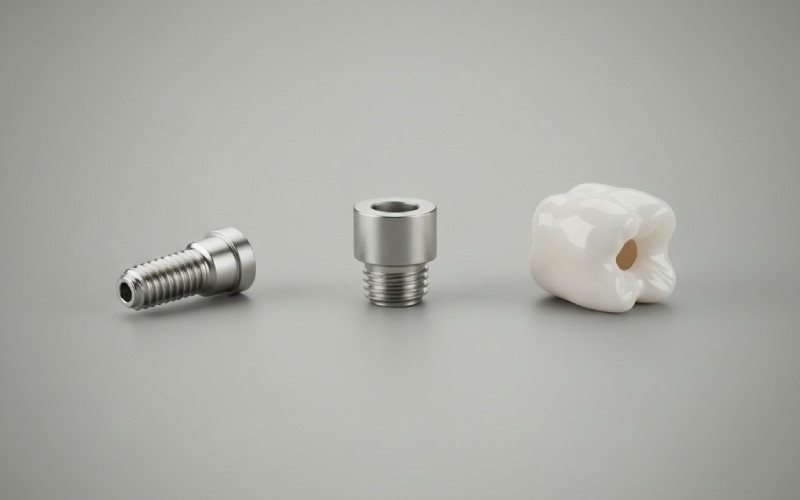
How Can a Dental Implant Make Your Mouth Healthier?
When you get dental implants, you do more than just fill a space. You improve your oral health for years to come. The biggest good thing for your health from a dental implant is that it acts like a tooth root. The implant post works like a new tooth root. It gives your jawbone the activity it needs to stay healthy and not shrink from tooth loss.
Healthy gums are also important for good oral health. It can be tough to clean well around a denture. Bits of food can get stuck under it, which can bother your gum tissue. A dental implant is much simpler to care for. You just brush and floss your new tooth the same way you care for your other teeth. This helps your gums stay healthy and strong. Dental implants may be the best way to keep your smile safe for your whole life. Implants require good care, but they are great for your health.
Key Takeaways to Remember
Are you thinking about a change from your denture? Here are the most important things to remember from what we talked about today:
- Yes, It’s Possible! It is usually possible to get a dental implant even if you have had a denture for a long time.
- Your Bone is Important: The health of your jawbone is the biggest thing to think about. A denture does not stop bone loss, but an implant does.
- Not Enough Bone? Not a Problem! If you have lost bone, a bone graft is a normal and safe step that can build up your jaw, making you a candidate for dental implants.
- All-on-4® is a Great Choice: This system can replace an entire set of teeth with just four implants, and you often will not need a bone graft.
- Implants Are Like Real Teeth: A dental implant is a permanent solution that is joined to your bone. This lets you eat, speak, and smile feeling completely sure of yourself.
- It’s a Choice for Your Health: Choosing a dental implant instead of a denture helps keep your jawbone safe and makes it simpler to keep your mouth healthy and clean.



